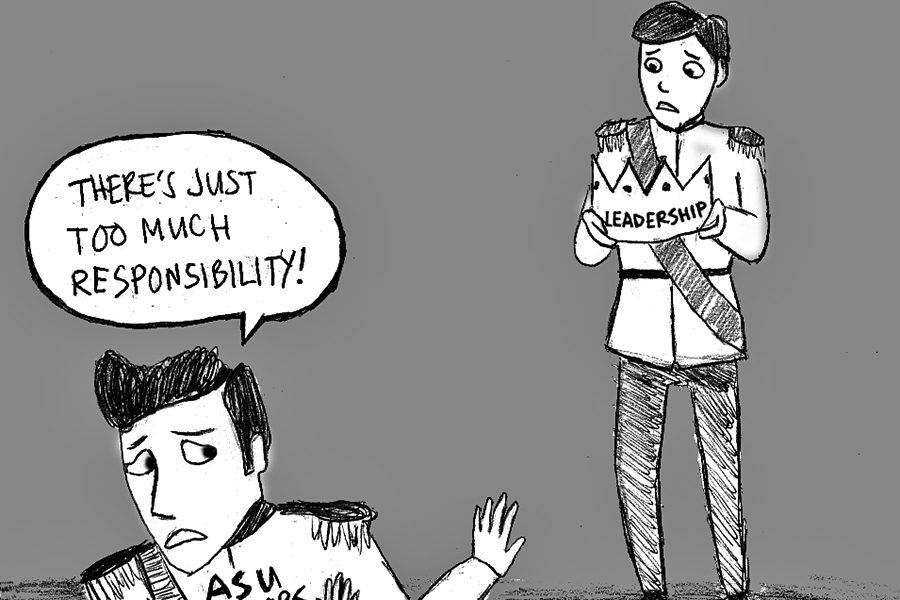Complacency hijacks ASU
Lack of training, uncontested elections shatters influence
May 9, 2016
Student government groups should establish lasting change through strong leadership. But at Contra Costa College, its student leadership has been reduced to a culture of missed chances and complacency.
Do not be mistaken, the Associated Students Union at Contra Costa College has sponsored programs and organized campus events this year including the “Food Drive,” “Dinner with Faculty,” “Coffee with a Cop,” “Club Rush,” “Sexual Assault Public Forum,” “Fall Festival” and “Spring Festival.”
During the 2015-16 fiscal year, the ASU’s Grant for Support program allocated $31,353 in extra funding to 15 departments and clubs through the $5 student activity fee and the $2 student representation fee most students pay at the start of every semester.
Being part of any shared governance group that manages up to $50,000 in student funds annually, organizes campus events and has the responsibility to represent students is a privilege.
But due to uncontested elections, an ineffective training process and a lack of a permanent full-time coordinator and office assistant due to a lack of funding, the ASU does not operate at its potential.
The ASU election code should be tweaked to provide students running for a position on the ASU Board at least a month to campaign on campus. An election reform would provide candidates a chance to directly address their opponents’ platforms in a series of open debates.
The current window of two weeks not only limits the ASU Elections Committee and Student Activity Coordinator Erika Greene in the application screening process, but also the student body from selecting the best candidate for the position.
This system runs a greater chance of electing students to a position of public servitude who are unable to fulfill their requirements as senators, representatives and executive positions listed in the ASU Bylaws, Article II.
Current ASU President Nakari Syon is an example of this. For the 2015-16 academic year he said he failed to meet various requirements because of a heavy work load and course schedule.
Syon withdrew as the only student representative on the college Presidential Search Advisory Committee, failed to attend district Governing Board meetings, only attended two College Council meetings, and did not attend a District Governance Council meeting or Student Trustee Advisory Committee Meeting last fall.
How accurately can someone relay information to the ASU Board about district policies or topics of discussion about a meeting he did not attend?
The same can be said about the ASU missing the American Student Government Association Los Angeles Student Government Convention during both the fall and spring semesters.
These wasted opportunities to learn what it takes to be a public servant from peers and professionals, and return to campus to share this experience, cannot be replicated.
Failure is OK, but complacency is deadly.


